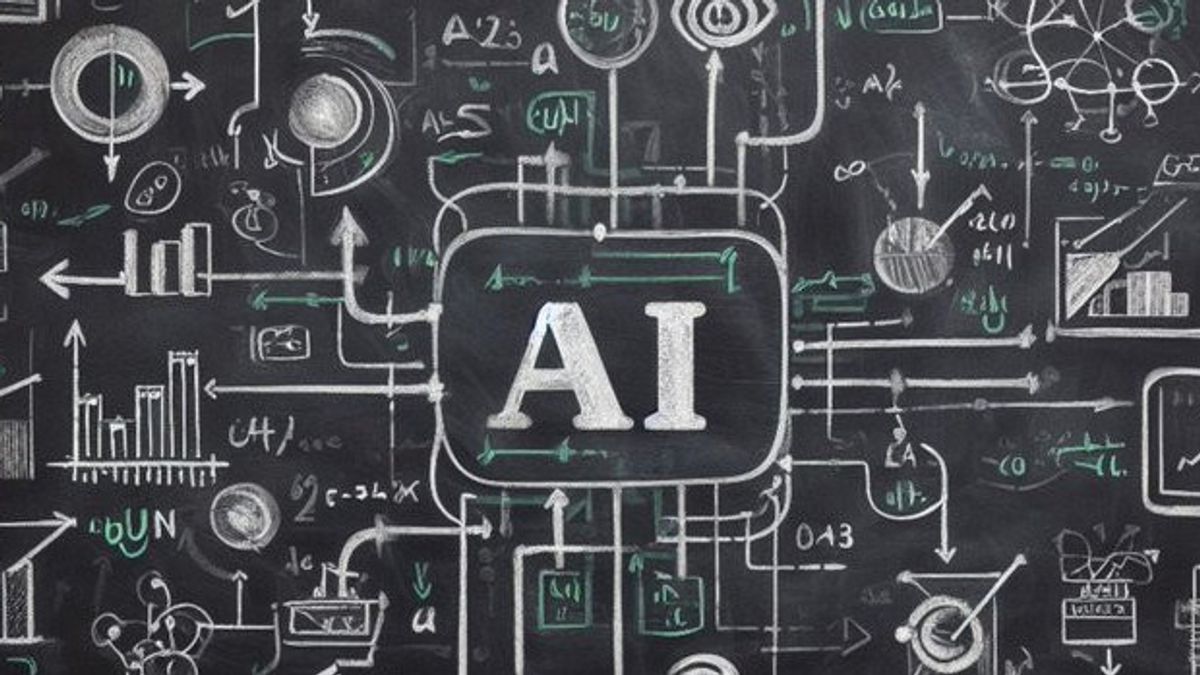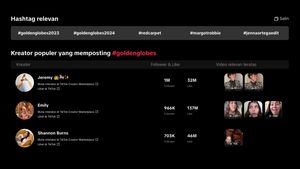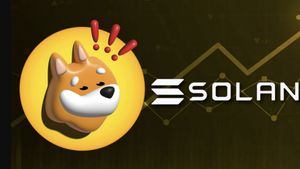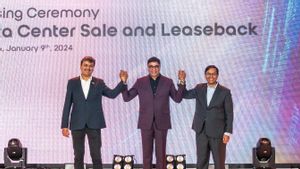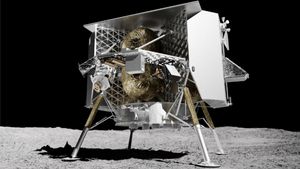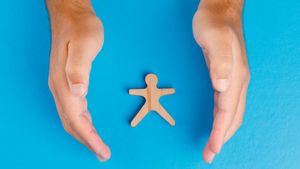JAKARTA - Microsoft announced cooperation with the United States national laboratory to use artificial intelligence to quickly identify materials that can produce batteries that require less than 70% lithium for now.
Replacement of most lithium with sodium, a common element found in kitchen salt, still needs a thorough evaluation by scientists at the Pacific Northwest National Laboratory (PNNL) in Richland, Washington to determine whether it is suitable for mass production.
Microsoft and @PNNLab join forces to accelerate scientific discovery for energy storage solutions.This multi-year collaboration marks the start of an exciting new journey that will bring the power of AI to many aspects of scientific research. Learn more: https://t.co/p4fY9J0j4e pic.twitter.com/rwmX2OhN5R
— Microsoft (@Microsoft) January 9, 2024
Microsoft and @PNNLab join forces to accelerate scientific discovery for energy storage solutions.This multi-year collaboration marks the start of an exciting new journey that will bring the power of AI to many aspects of scientific research. Learn more: https://t.co/p4fY9J0j4e pic.twitter.com/rwmX2OhN5R
"It may take years, we did in two weeks," said Jason Zander, executive vice president at Microsoft, quoted by VOI from Reuters. "That's the part that got us excited the most.... We only chose one problem. There are still thousands of problems to solve, and this can be applied to everything."
This new technology can be applied in cars, energy networks, and other places where batteries are needed. It uses less lithium, which is expensive to mine and is concentrated in some countries, and more sodium, which is cheap and abundant.
SEE ALSO:
Brian Abrahamson, PNNL's chief digital officer, said in an interview that the process used to find alternative battery materials could be applied to many other chemical and material science problems that are being solved by the laboratory.
Microsoft uses a combination of artificial intelligence models trained on molecular science data and traditional scientific supercomputers.
They managed to filter more than 32 million possibilities into 18 candidates which were then tested and tested by PNNL scientists in the laboratory.
"Finally it's at the speed of artificial intelligence, helping in product and material identification, and our ability to implement those ideas in the laboratory," Abrahamson said. "Everything is combined and available to a scientist - this is a paradigm shift we see. For us, it has tremendous potential."
The English, Chinese, Japanese, Arabic, and French versions are automatically generated by the AI. So there may still be inaccuracies in translating, please always see Indonesian as our main language. (system supported by DigitalSiber.id)
